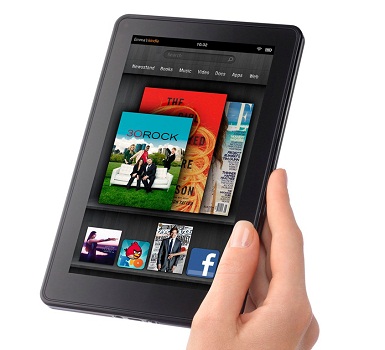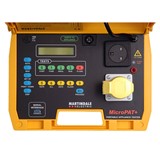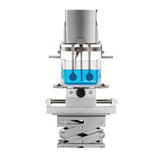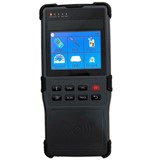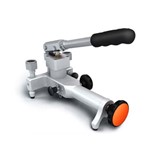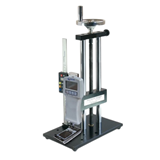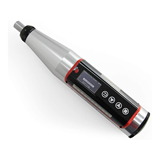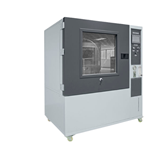The Embedded Microprocessor Benchmark Consortium (EEMBC) – an organisation that develops benchmarks to test embedded processors and systems – says it has launched the first standardised, industry-approved method for evaluating products such as smartphones running the Android operating system (OS).
The consortium claims the benchmark - called AndEBench and available for download from the Android Market - will not only assist processor, system and software vendors in quantifying the performance of their products, but also allow end users to compare smartphones and tablets. The performance of these end products can vary considerably, even if they are using similar software and hardware.
Acording to EEMBC, the current benchmark tests processor and Dalvik interpreter performance but future versions will offer a battery of performance tests for mobile devices. A Dalvik interpreter uses open source software to run the applications ("apps") on Android devices.
The software compares the Android OS-powered platform’s native and Java performance. This gives users a quantified measure of the Java interpreters’ efficiency on a given platform and helps them understand what performance gains are feasible.
Java is a popular programming language with developers because once the code is proven on one platform it doesn’t have to be recompiled to run on another.
AndEBench tests a device’s multicore and multithreading capabilities. The user can change the number of executable threads to allow a comparison between single and multiple core operation.
The consortium cites the example of AndEBench being used to measure Amazon’s Kindle Fire’s native performance at 1370 and 2720 iterations per second, and Java performance at 94 and 146 iterations per second for single and dual core operation respectively.
"AndEBench provides an equitable, unbiased, and repeatable test for mobile devices," Shay Gal-On, EEMBC’s Director of Technology said.
"[This is] critical to deliver data that can be used by technology providers and customers to fairly assess device performance."
According to Markus Levy, EEMBC’s president, while there are other Android benchmarks, the motivation of their developers is not clear and results can vary significantly. He also notes that as the source code is typically unavailable, it is difficult to verify the functionality or true usefulness of these alternative benchmarks.
"EEMBC provides an industry-approved benchmark where the source code is available to members and licensees," Levy said.
"This provides a full understanding of the code internals, to encourage hardware and software developers to use the results to drive product improvements that matter to end-users."
Meanwhile, UK-based analyst Ovum claims its latest survey reveals Android is likely to replace Apple’s competing OS for mobile devices, iOS, as the most important platform for developers.
But the company qualifies the statement by noting that although programmers express a preference for Android almost all produce software for both.
The company also reveals that while iOS and Android form the core of developer support, there is also growing interest from developers in alternative products such as BlackBerry OS and Microsoft Windows Phone.
The research reports that developers are moving away from traditional cross-platform mobile application development approaches (for example, Java, Flash and WAP) and instead focusing on web-based standards (for example, HTML5) to produce their software.
In addition to good penetration in the consumer sector, Android is also making its way into industrial products. Advantech Australia, for example, now offers its healthcare infotainment terminal series with Android Operating System. And Switches Plus Components offers a ruggedised handheld computing device that runs on Android.

